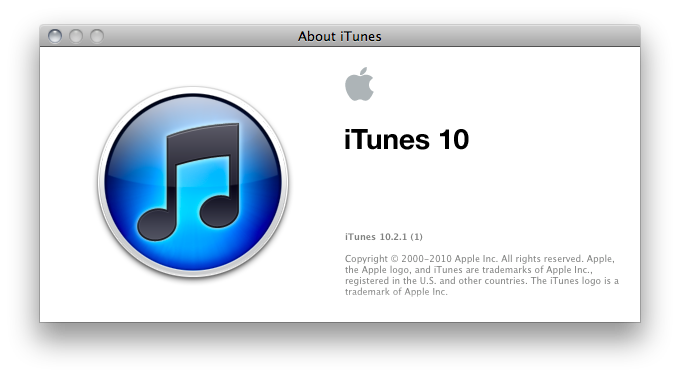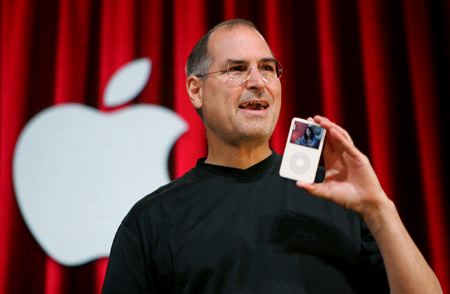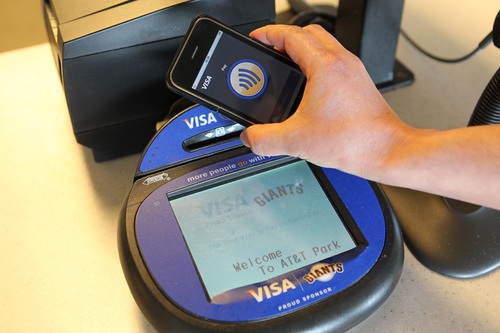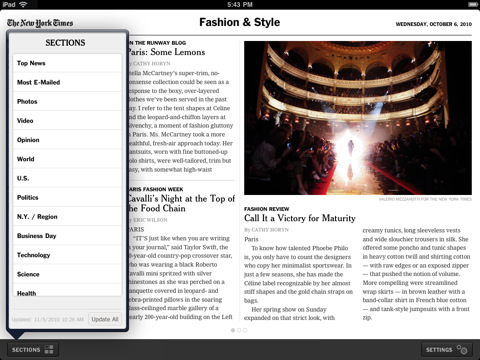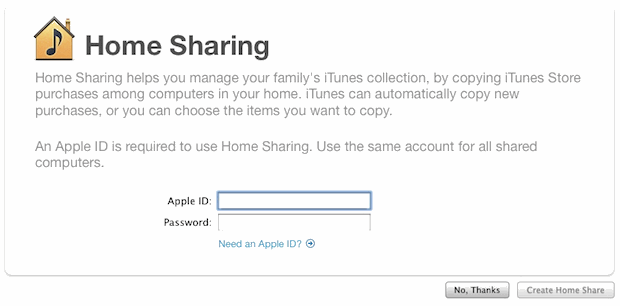Amidst news about the departure of Bertrand Serlet, this morning has seen some outstanding opinions about what Apple will do with their data-center in Maiden, North Carolina. Combined with the unrelated rumors that Apple could license AirPlay to consumer-electronics makers, and we have various pieces of the puzzle that when brought together give pundits food-for-thought.
It’s stupid at this point to speculate whether Apple’s data-center is being built for delivering iTunes content and MobileMe: that answer was satisfied by COO Tim Cook at their shareholder meeting last month. Yet that’s a non-answer, because if Apple’s model for consuming iTunes content doesn’t change then why bother with a bigger facility? Scale is one thing, but you don’t invest a billion dollars in something without a game-plan. The question isn’t what the data-center will be used for, but how. Certainly MobileMe needs some help in the reliability department, but iTunes’ current model for consuming content (with a focus on downloading vs. streaming) has been well handled. Has anything recently consistently stuttered or ground to a halt on iTunes? Downloads have always been generally seamless. To instigate such an expenditure, the iTunes model would obviously move from primarily downloading content to streaming it. They’re not building a data-center because Apple can’t handle the iTunes load – they’re building it to prepare for what’s next. When you match this to today’s AirPlay rumors, I think Apple will make a huge play for the television market this year.



